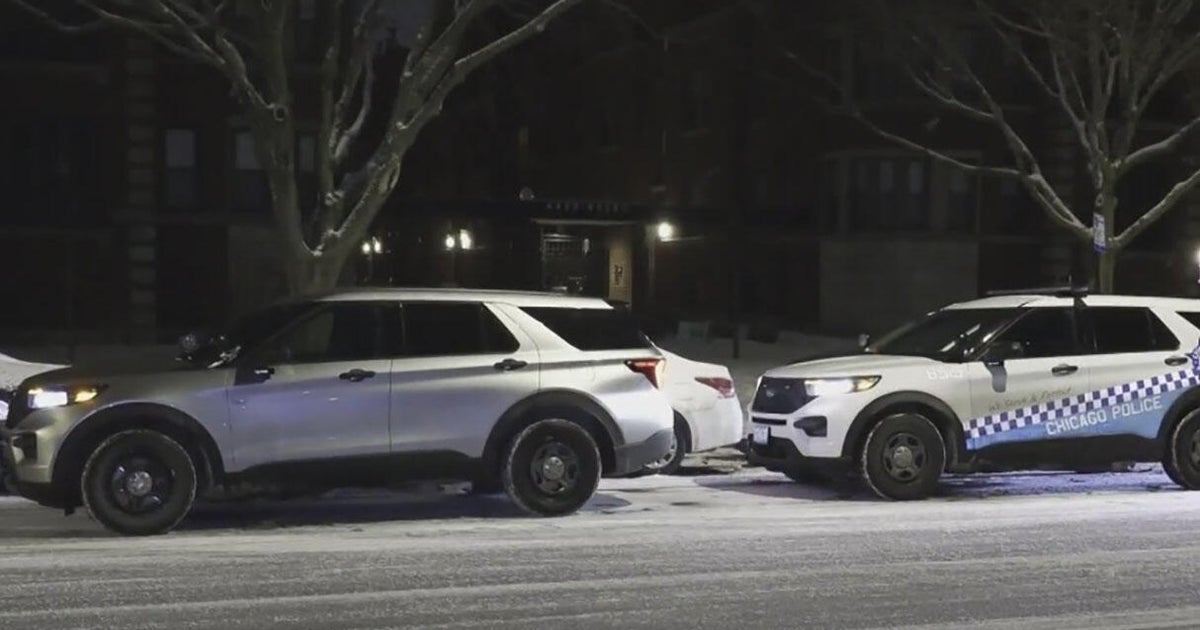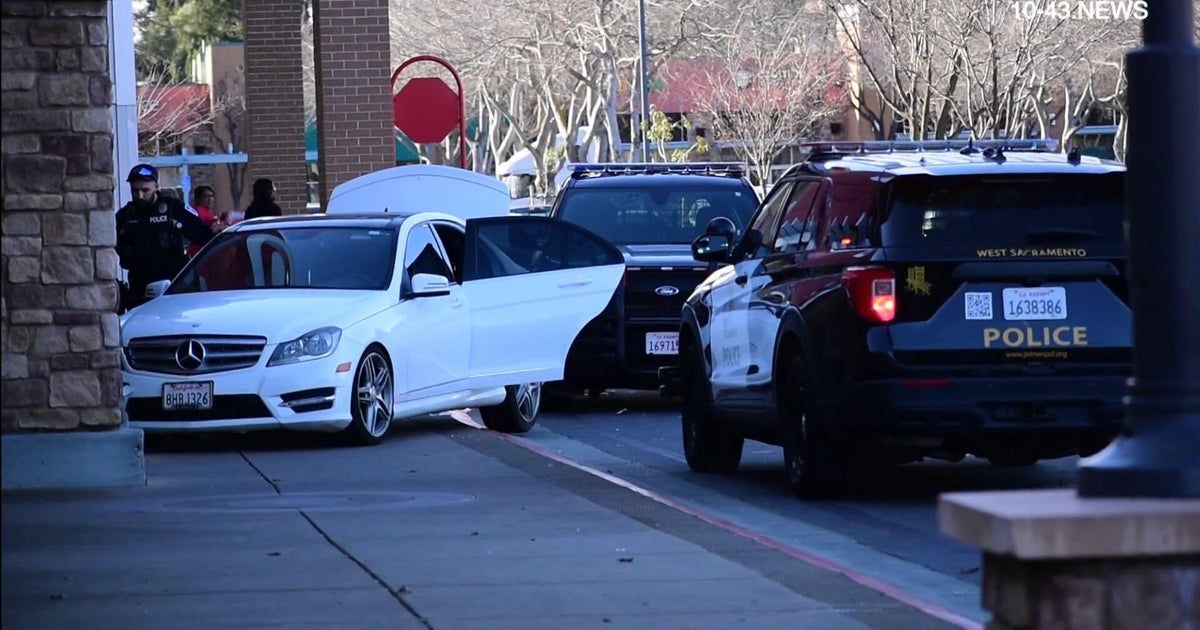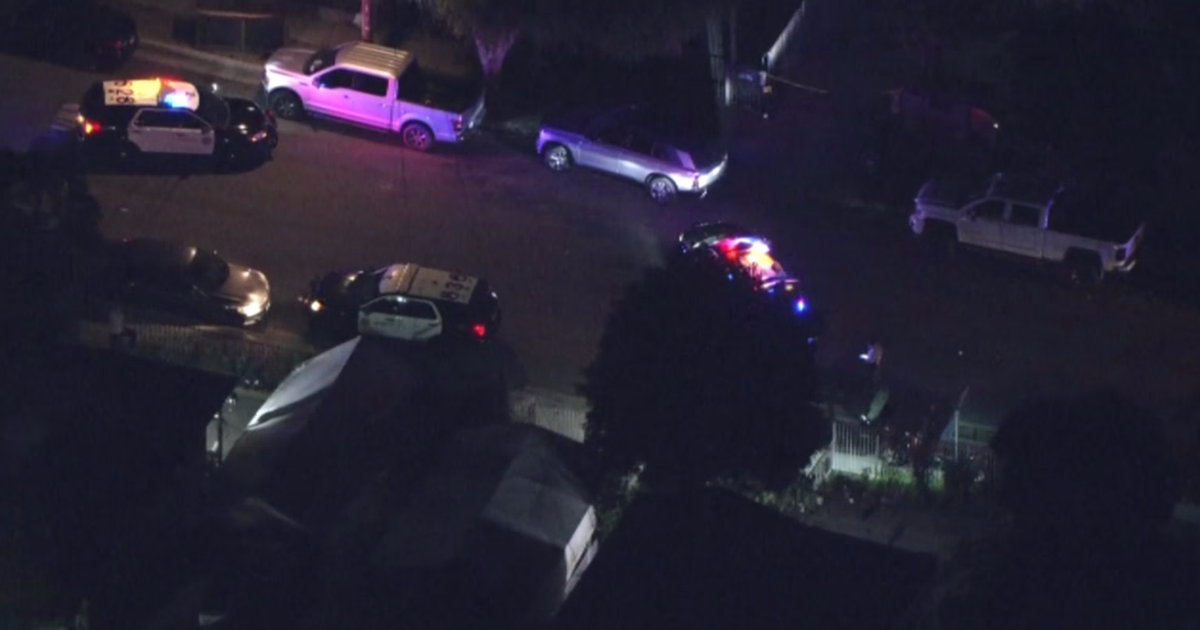Cook County Offers Assistance With Eviction Moratorium Ending; Landlords Say Moratorium Has Had Their Hands Tied
CHICAGO (CBS) -- A flood of evictions is feared among many in Chicago and the suburbs, after the nationwide eviction moratorium expired on Saturday.
As CBS 2 Investigator Megan Hickey reported, Sunday was technically the first day that electronic filings for evictions were accepted in Cook County.
Now, there is a bit of a grace period until Sept. 1, when judges can order evictions and the Cook County Sheriff's Office can enforce them.
Meanwhile, while some tenants worry, some landlords have felt their hands have been tied. Calumet Park Landlord Joe Adawy has repairs to make, but no money to make them.
"The company that cut the grass - I had to fire them because I can't afford to give him what he asked for," Adawy said.
Adawy owns a 16-unit apartment building. Ever since COVID-19 hit, at least six of his units are behind in paying rent.
He is owed tens of thousands of dollars.
"I get a judgement against her, but I can't evict her - so what good is it?" Adawy said.
His savings account is drained, and he has missed mortgage payments.
"You know, we're human. We've got to look for each other," Adawy said. "But in the meantime, the bank is not going to understand it - and that's the big problem I'm going through."
The federal moratorium set by the Centers for Disease Control and Prevention and local eviction moratoriums put in place by the State of Illinois both expired on Saturday. That means landlords like Adawy can finally take the step of electronically filing for an eviction.
But again, enforcement the orders can't happen for another month.
On Monday, Cook County officials urged landlords to file only as a last resort. They are hoping to spread the word about a county-wide initiative that helps provide, as Cook County Board President Toni Preckwinkle put it, "absolutely free legal assistance and mediation to landlords who would like to work out a solution with their tenant."
A $73 million dollar rental utility assistance program in Cook County launched in March received about 16,000 applications, and as of Monday, about $53 million has been doled out.
The county officials spread the word about Cook County Legal Aid for housing and debt. It provides free legal aid and mediation services to help landlords and tenants resolve issues.
"We're here today to urge our landlord partners to consider all the alternatives at your disposal, before filing those eviction papers. And to think about the impact that evictions can have on vulnerable residents in our communities as a whole," Preckwinkle said.
Adawy said his is likely one of the applications still waiting to be reviewed.
"Cross your fingers - that's all," he said. "I really want all of this to go away – that's all I want - so I can go back and enjoy my life."
Preckwinkle also warned of what she called "a tsunami of evictions" that is placing an even heavier burden on the most vulnerable residents who've already been impacted in large numbers by the spread of COVID-19.
The Cook County Sheriff's Office said it too can offer help through the office's Community Resource Center for assistance in accessing services and financial help.
"The pandemic was one of the major drivers behind my creation of a Community Resource Center last year when we began to see how the economic pressures created by COVID would create a ripple effect of devastating consequences," Sheriff Tom Dart said. "The CRC expands access to the social services my office has long provided to households facing eviction with complex family or health needs."
The team members work to help people navigate social services, housing, employment, medical and mental health services and other services. The CRC also can assist people to locate existing government rental assistance. The CRC is available virtually and can be reached by phone at 773- 405-5116 or by email at ccso.resourcecenter@ccsheriff.org.
The online site can be found by clicking here.
According to one recent study, about 16 percent of U.S. households are behind on rent. For Illinois, the Center on Budget and Policy Priorities found that about 17 percent of renters were behind as of July 5. It was 20 percent of renters in Indiana and about 9 percent of renters in Wisconsin.







